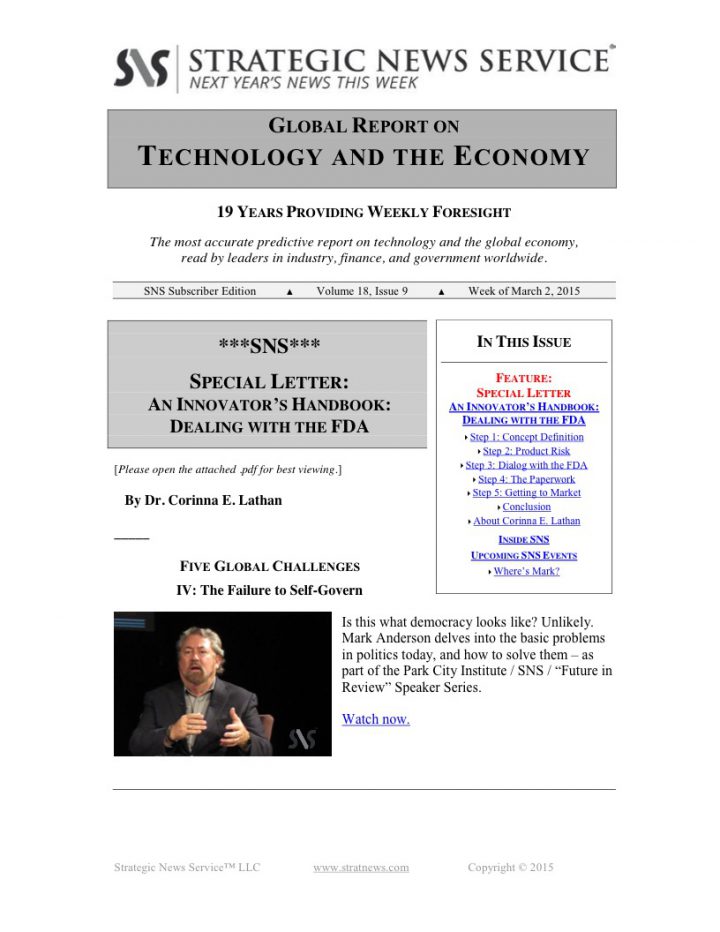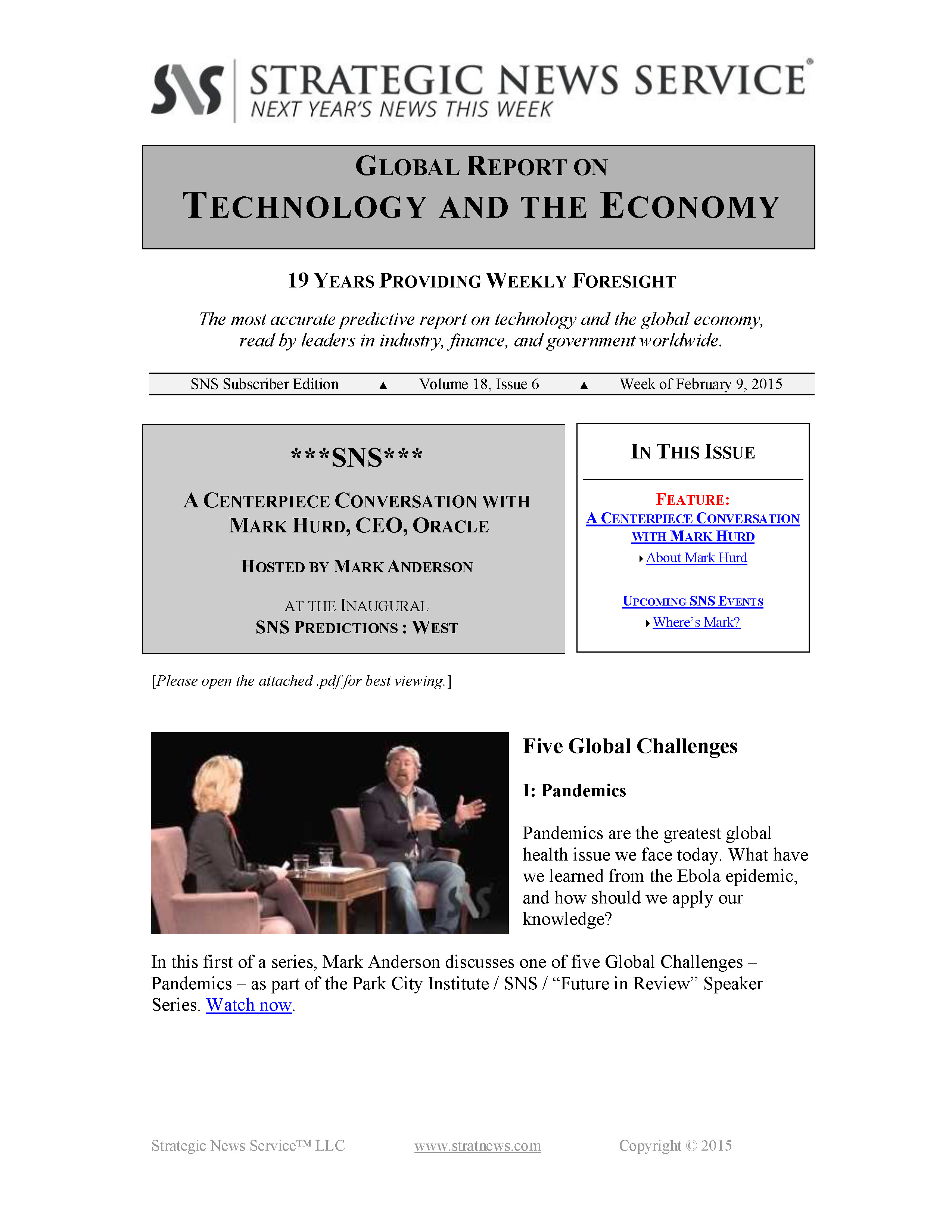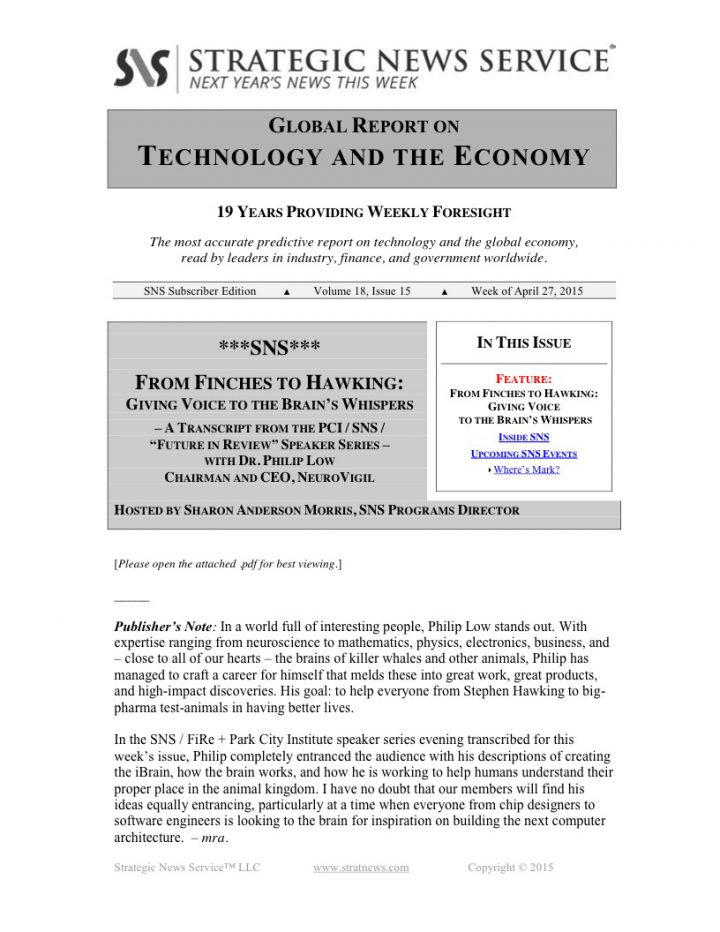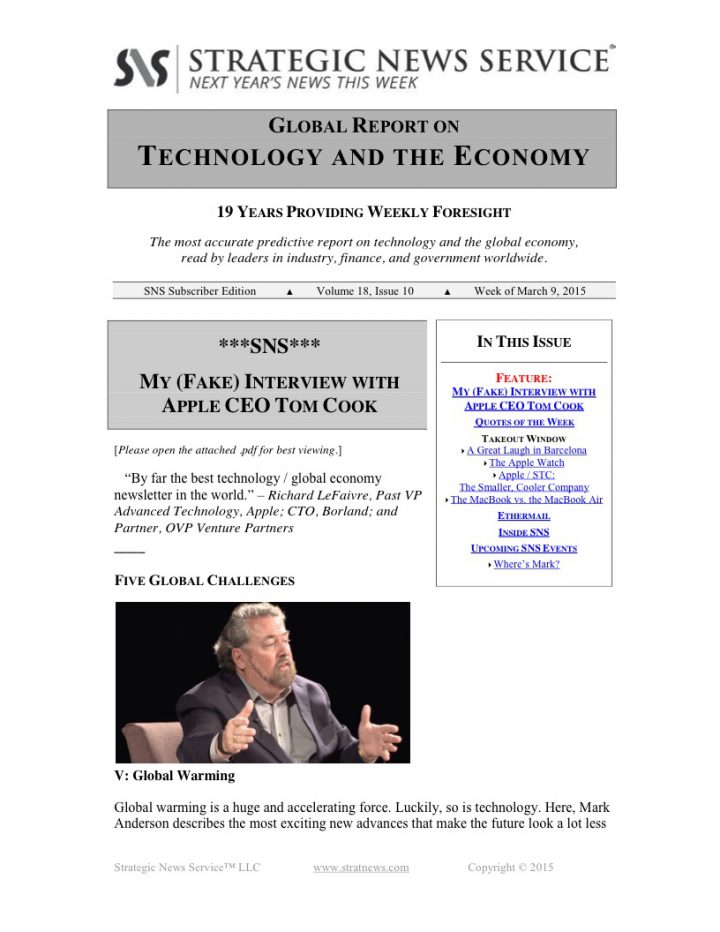In This Issue
Vol. 26 Issue 43
Disengagement: Part II
The Cost of Trade
- Scale and Deficits
- Intellectual Property Theft at Scale
- The Poisoned Well
- Funding Concentration Camps
- Burning Coal to Save the Planet
- Footing the Bill of the CCP Dream
—-
Over the past 20 years of global policy of engagement with China, much has been made of the potential benefits of bringing the People’s Republic into the international fold. In the United States, this failure has been entirely bipartisan in the recent past. From the presidential administrations of George Bush Sr. to Clinton to Bush Jr., American leadership regularly claimed that engagement with China on an economic level would lead to a greater opening and democratization of the East Asian nation.
Nothing could be further from the truth.
These administrations used this excuse to push for far greater integration between the rest of the world and the regions under the control of the Chinese Communist Party, with unsurprising consequences. Thus, as the United States pushed for the accession of the PRC to the WTO – despite the country’s failure to meet any of the organization’s standards – a dynamic was created in which global trade with Chinese interests exploded, while unfair trade practices and outright crime (by the laws of most other WTO nations) continued to be perpetrated by the PRC government on a massive scale.
When discussing the possibility of disengagement with China, often the specter of trade losses is raised by those in favor of continued interaction. With the PRC now the top trade partner of many nations around the world, it isn’t hard to see why: the level of entanglement between organizations controlled by the CCP and the global economic machine is massive.
Whether China is an important trading partner for much of the world, then, is not in question; thanks in large part to the unfortunately dedicated work of a number of politicians in the US and Europe, Chinese industry and business makes up a huge part of the modern global economy. As raised in the preceding issues in this series, what is in question is whether this should continue to be the case.
This week, we will review some of the supposed benefits of trading with the People’s Republic of China before discussing the oft-forgotten heights of how much that trade actually costs.
Let’s begin by examining the first assumption made by those who argue for continued economic engagement – that benefits from trade outweigh the costs on a sheer monetary basis – and look at how this is playing out in some of the countries we outlined in “SNS: Disengagement: Part I” in the potential “mesh network” of economic partners able to counter China.
SKU: SNS-2021-11-10 - Need Help? Contact Us Leave Feedback
Categories: 2021 Issues, Back Issues
Tag: PDF Download





